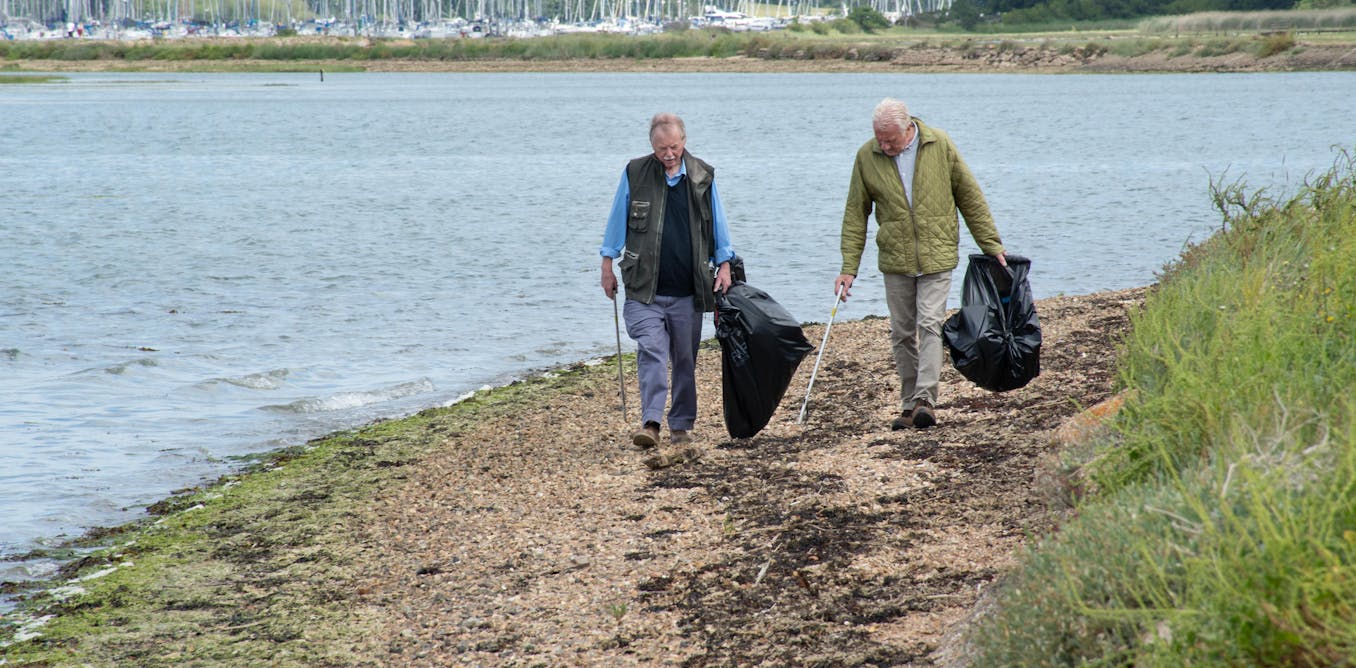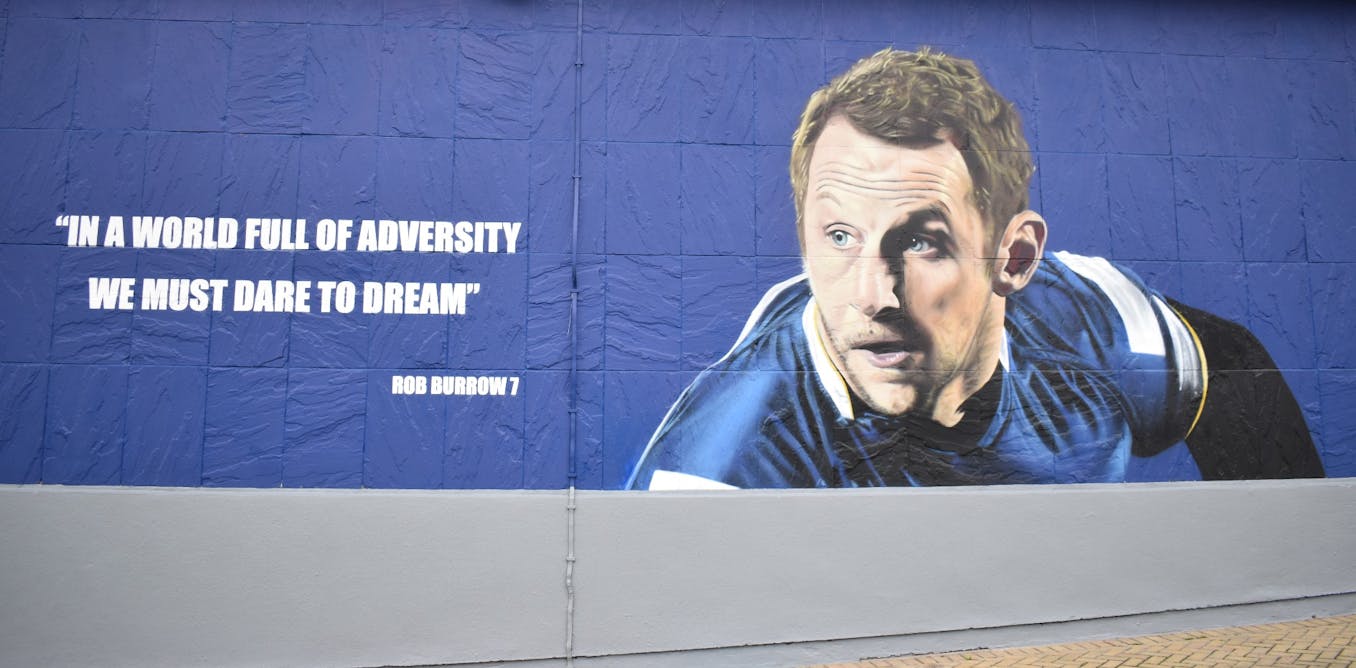A Meditation on Rumi and the Power of Poetry | Leili Anvar | TED
In the TED talk “A Meditation on Rumi and the Power of Poetry” by Leili Anvar, she shares her personal journey of exile from Iran at a young age and how she found solace in the Persian language and the treasure of Persian poetry. Anvar vividly describes the profound impact Rumi, the 13th-century mystic poet, had on her life as she navigated the challenges of exile and loss.
Through Rumi’s poetry, particularly in his reference to the reed flute in his opus magnum, Anvar found a deep connection to the pain of separation and longing for home. She reflects on how poetry, especially Rumi’s work, has the power to transmute reality, connect us to our essential humanity, and offer hope and solace in the darkness of times.
Anvar beautifully narrates how Rumi’s teachings on love, spirituality, and the human experience resonate with all individuals, regardless of their background or circumstances. Through her own experiences and scholarly work, she emphasizes the importance of cherishing poetry as a therapeutic tool that can guide us back to our true selves and remind us of our interconnectedness as human beings.
Watch the video by TED
When I left Iran, I was 15 years old. I had only taken with me a suitcase of clothes and a few books. Or so I thought. I was wrong. I had taken with me, in me, an invaluable treasure: the Persian language. A millennium-old language
That emerged from the beginning as the language of poetry. Persian was the language of my childhood paradise. The language of tales and nursery rhymes. But I had to leave the Garden of Eden. It is through the experience of exile that I came to realize that what I had lost was, yes, a country,
A house, a garden. I had been severed from my land, from the landscapes of Iran, from the reassuring presence of Mount Damavand, covered with snow. But nobody could bereave me of my motherland if my motherland was my mother tongue. Within me what was alive was the language. What makes me Iranian is Persian.
Specifically, the treasure of Persian poetry. So I started reading poetry, learning poems by heart, so that I could take them everywhere with me. So that I could feel home wherever I go. I embarked on a poetic journey that is still going on. My guide on this journey was no less than Rumi,
The Persian mystic poet of the 13th century. In the prologue of his opus magnum, comparing his poetic work to the song of the reed flute, he says, “Listen to this reed flute. Listen how it complains Telling the tale of separations Saying, Ever since I was severed from the reed bed Men and women have moaned in unison with my lament I want a bosom torn by separation That I may unfold the pain of love-desire.
Whoever is left far from the origin Longs to return to the time of union” I remember quite vividly the first time I heard those lines. It was in 1982, during the Iran-Iraq war when Tehran was bombarded. There was a circle of poets and poetry lovers who would gather every Friday, notwithstanding the risks,
To read and listen to poetry. My father took me to those gatherings. I didn’t understand, far from it, all the poetry I heard in those days, and many lines have left my memory. But those lines by Rumi, oh my God. A whole world opened in front of me.
And Rumi became my companion for life. My companion of exile. So in exile I read his poetry, I listened to the reed, listened to the reed again and again and said those poems aloud. I wrote my PhD thesis and two books on his works. I translated many of his poems.
It is said that Rumi’s work is an ocean from which shore no traveler returns. I can definitely bear witness to that. What does the poet mean with this magnificent prologue? “Listen to this reed.” What does he want us to listen to? He evokes the pain of exile,
Of being separated from where you belong and those you love. And he insists that his song is the song of all exiles. He invites all of us to accompany him on the return journey on the wings of poetry, through the song of the reed flute. And indeed, his poetry is sheer music.
Like the reed flute it tells and it whispers to the soul a forgotten story. Rumi himself had fled his native town in today’s Afghanistan when he was very young because of the Mongol’s threat. He left his homeland as a child, never to return.
He had wandered from town to town until he took refuge in Anatolia. There, in that foreign land, he kept reading Persian poetry, he kept to his mother tongue, and he taught it to his own children. One day he met Shams of Tabriz in Konya,
That city in which Rumi had become a very respectable preacher and a spiritual guide. Shams initiated Rumi to mystical music and dance, and above all, to the religion of love. With him, Rumi lived a series of bewildering experiences that illuminated him and awakened him to his true self.
With Shams, Rumi became a poet. About this inner transmutation, he says, “I was dead, alive I became. I was tears. Laughter I became. The rain of love came upon me, and my joy eternal became.” Through his lyric poetry, through the innumerable stories he tells, Rumi points not only to his own individual experience, but he reminds us of our situation in life. Whoever we are, wherever we live, we are in exile. Because as celestial souls, we belong to another world,
To a lost paradise to which we shall return, provided we have developed our spiritual awareness and our humanity. Through the beauty of his words, Rumi makes us feel all the prism of human emotions. He makes us taste earthly desires and celestial hopes as all real poetry should do.
And over and over again, he returns to the centrality of love as every real poet should do. And that is why we need the poets. To remember who we are and where we belong. Poetry has the power to transmute reality into something rich and meaningful. To me, it was life-saving.
When we look at the world, at the inhumanity of humanity sometimes, how not to feel in exile, indeed? How not to cry on “Love’s Labour’s Lost?” How not to be desperate and disoriented? Poetry can help us through the darkness of times. As do all the arts if they are spiritually oriented. So reading,
Rendering, writing, reciting poetry is a therapy. It connects us with what is most essential in life, and that is why it should be cherished. Thank you.
About TED
The TED Talks channel features the best talks and performances from the TED Conference, where the world’s leading thinkers and doers give the talk of their lives in 18 minutes (or less). Look for talks on Technology, Entertainment and Design — plus science, business, global issues, the arts and more. You’re welcome to link to or embed these videos, forward them to others and share these ideas with people you know.
Video “A Meditation on Rumi and the Power of Poetry | Leili Anvar | TED” was uploaded on 03/04/2024 to Youtube Channel TED






































